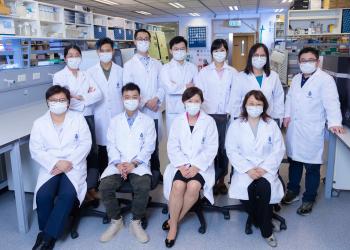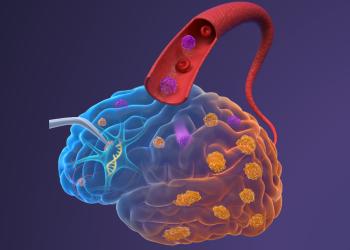News & Stories
2024
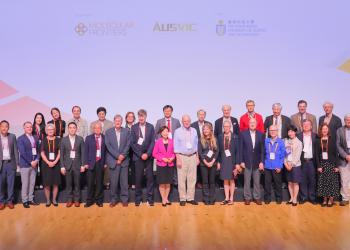
News
HKUST Welcomes Four Nobel Laureates at the Molecular Frontiers Symposium Sparking Passion for Science and Innovation Among Young Minds
The Hong Kong University of Science and Technology (HKUST) is excited to kick off a prestigious three-day “Molecular Frontiers Symposium” at Shaw Auditorium on campus today. The high-level event showcases a lineup of internationally renowned scientists including four Nobel laureates, serving as a dynamic thought-leadership platform for exchanging ideas among brilliant and young minds.
Around 40 leading molecular scientists, including Nobel laureates Prof. Stefan HELL, Sir Tim HUNT, Prof. K. Barry SHARPLESS, and Sir Gregory WINTER, will share their knowledge and insights spanning the latest development in genome editing, fluorescence microscopy and protein engineering in this inaugural symposium in Greater China entitled "Frontiers of New Knowledge in Science".
2022
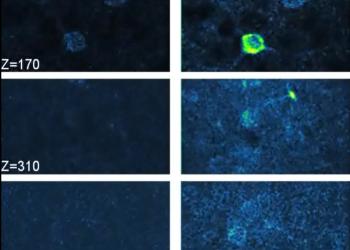
News
HKUST Researchers Demonstrate Near-non-invasive In-vivo Imaging in Mouse Cortex at an Unprecedented Depth
A research team from the Hong Kong University of Science and Technology (HKUST) has demonstrated for the first time in-vivo imaging of fine neuronal structures in mouse cortex through the intact skull at an unprecedented depth of 750 µm below pia, making high-resolution microscopy in cortex near non-invasive and measurably facilitating the study of the living brain.
The direct and non-invasive visualization of neurons, glia, and microvasculature in the brain in vivo is critical for enhancing our understanding of how the brain functions. Over recent decades, great effort has been focused on developing novel techniques for in vivo imaging of the intact brain. However, none of the prevalent technologies, including ultrasound imaging (sonography), positron emission tomography (PET), and magnetic resonance imaging (MRI), provides sufficient spatial resolution to visualize biological structures at the subcellular level.
2021

News
HKUST Scientists Develop Simple Blood Test for Early Detection of Alzheimer’s Disease
An international research team led by HKUST has developed a simple but robust blood test from Chinese patient data for early detection and screening of Alzheimer’s disease (AD) for the first time, with an accuracy level of over 96%.Currently, doctors mainly rely on cognitive tests to diagnose a person with AD. Besides clinical assessment, brain imaging and lumbar puncture are the two most commonly used medical procedures to detect changes in the brain caused by AD. However, these methods are expensive, invasive, and frequently unavailable in many countries.
2020
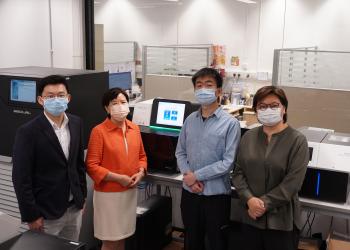
News
HKUST Scientists Make Breakthrough Discovery of New Therapeutic Targets for Alzheimer’s Disease
Researchers at the Hong Kong University of Science and Technology (HKUST) have identified new therapeutic targets for Alzheimer’s disease (AD) by studying the patients’ brain with a newly-developed methodology. This novel approach also enables researchers to measure the effects of potential drugs on AD patients, opening new directions for AD research and drug development.
2019
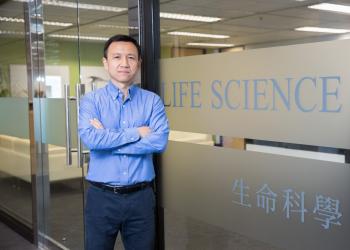
News
HKUST Researchers Co-discover Novel Mechanism That Helps Delay Degradation of Injured Nerves
A research team consisting of scientists from the Hong Kong University of Science and Technology (HKUST), Chinese Academy of Sciences (CAS) and Jinan University discovered a new mechanism that could delay the degeneration of injured nerves, bringing new hope to the treatment of nerve damage and neurodegenerative diseases such as Parkinson and Amyotrophic Lateral Sclerosis (ALS).









